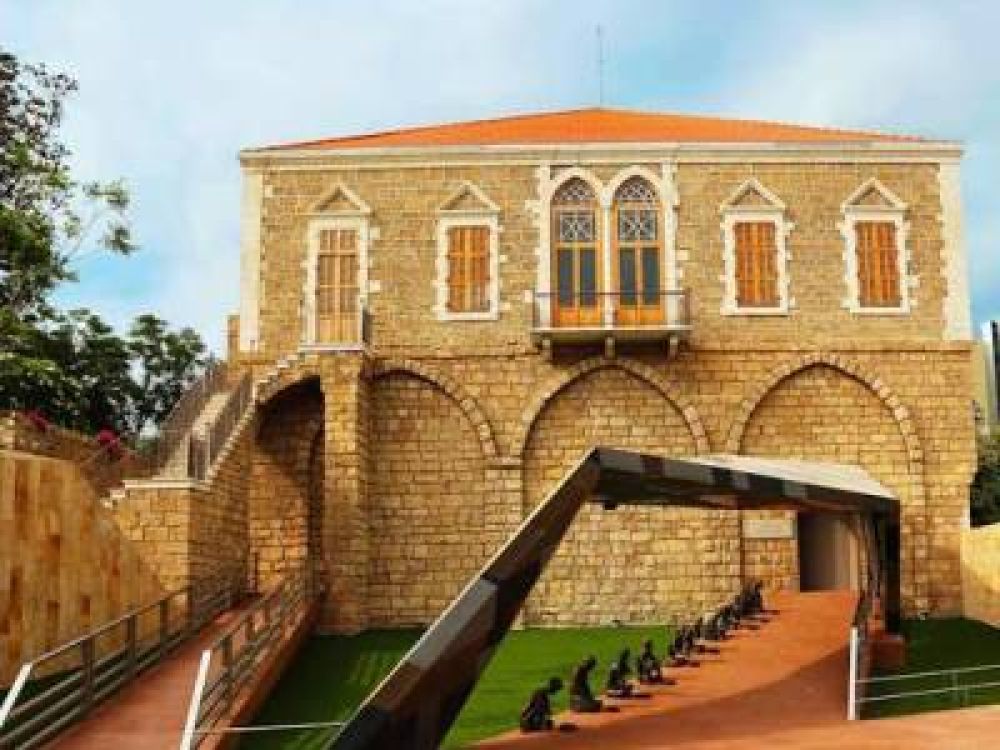

Byblos Fossil Museum, also known as the Memory of Time, is a fascinating destination for both paleontology enthusiasts and casual visitors. This specialized museum is located in the heart of Byblos, one of the oldest continuously inhabited cities in the world. It showcases a unique collection of fossilized fish, sharks, eels, and other sea creatures that are millions of years old, emphasizing the rich geological history of the region.
The museum is a testament to the diversity of life that once thrived in the prehistoric seas of Lebanon. The exhibits are well-curated, offering an educational glimpse into the past with detailed information on the formation of fossils and the types of creatures that are preserved in the stones. It is not only a place of scientific interest but also a cultural haven that blends the ancient with the natural history.
Byblos Old Town is a historical gem, with its roots stretching back to around 5000 BC. Recognized as a UNESCO World Heritage Site, this old town is a vibrant tapestry of Phoenician, Roman, and Crusader history. Visitors come from far and wide to wander through its cobbled streets, explore the ancient port, and visit the Byblos Castle, amongst its other archaeological treasures.
The town boasts charming souks, delightful eateries and a picturesque harbor where modern leisure blends with ancient architecture. The experience is enriched by the variety of traditional Lebanese crafts available for purchase, from blown glass to intricate woodwork, making Byblos Old Town a hub for both cultural appreciation and historical exploration.
Lebanon's history with tourism dates back to the 19th century when writers, scholars, and adventurers came to explore its historical sites, natural beauty, and cultural diversity. In the early 20th century, Lebanon was known as the "Switzerland of the East" due to its flourishing tourism industry, attracting travelers with its mix of beaches, mountain landscapes, and cosmopolitan cities like Beirut.
The growth of the tourism industry was stunted during the civil war from 1975 to 1990, but post-war recovery saw a resurgence in visitors. Recent years have highlighted a trend of eco-tourism and cultural tourism, placing an emphasis on sustainable practices and the preservation of Lebanon's rich history and natural resources. Visitors are increasingly seeking authentic experiences, with a focus on local cuisine, heritage sites, and interactive cultural exchanges.
Moreover, internet connectivity and social media platforms have significantly changed Lebanon's tourism scene, offering small businesses and tour operators the opportunity to promote their services to a global audience. The tourism sector has adapted by providing online bookings and information, expanding the country's reach and accessibility for international travelers.
Despite challenges, the country's tourism industry has proven resilient, and recent safety improvements and marketing efforts have re-established Lebanon as a must-visit destination for its beauty, history, and culinary delights.